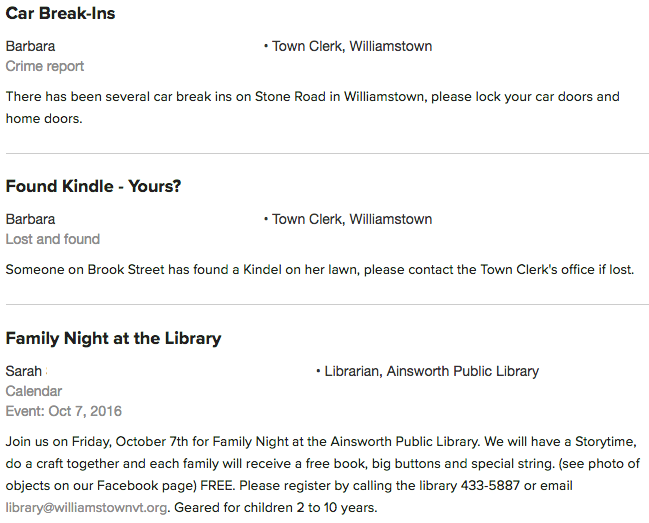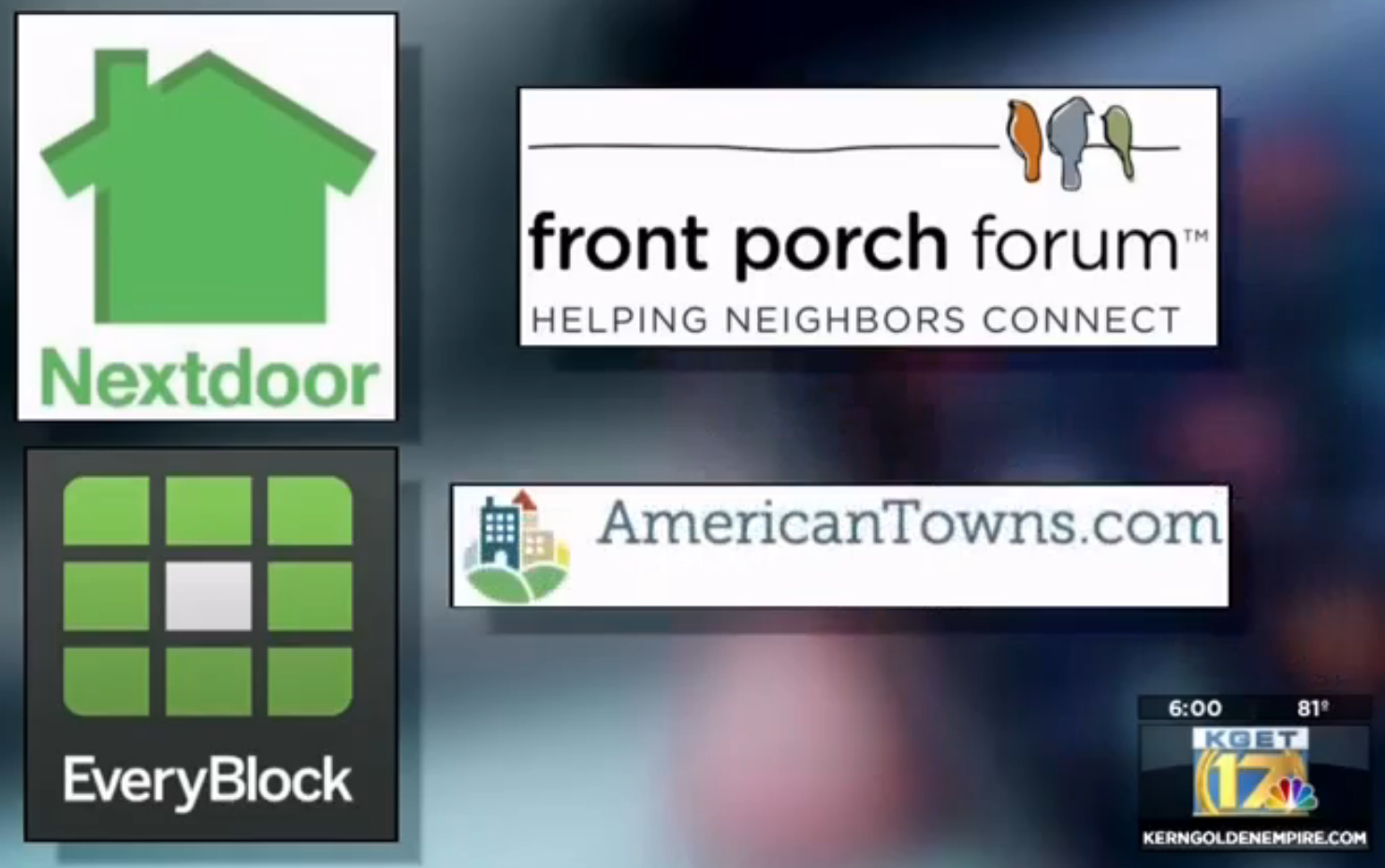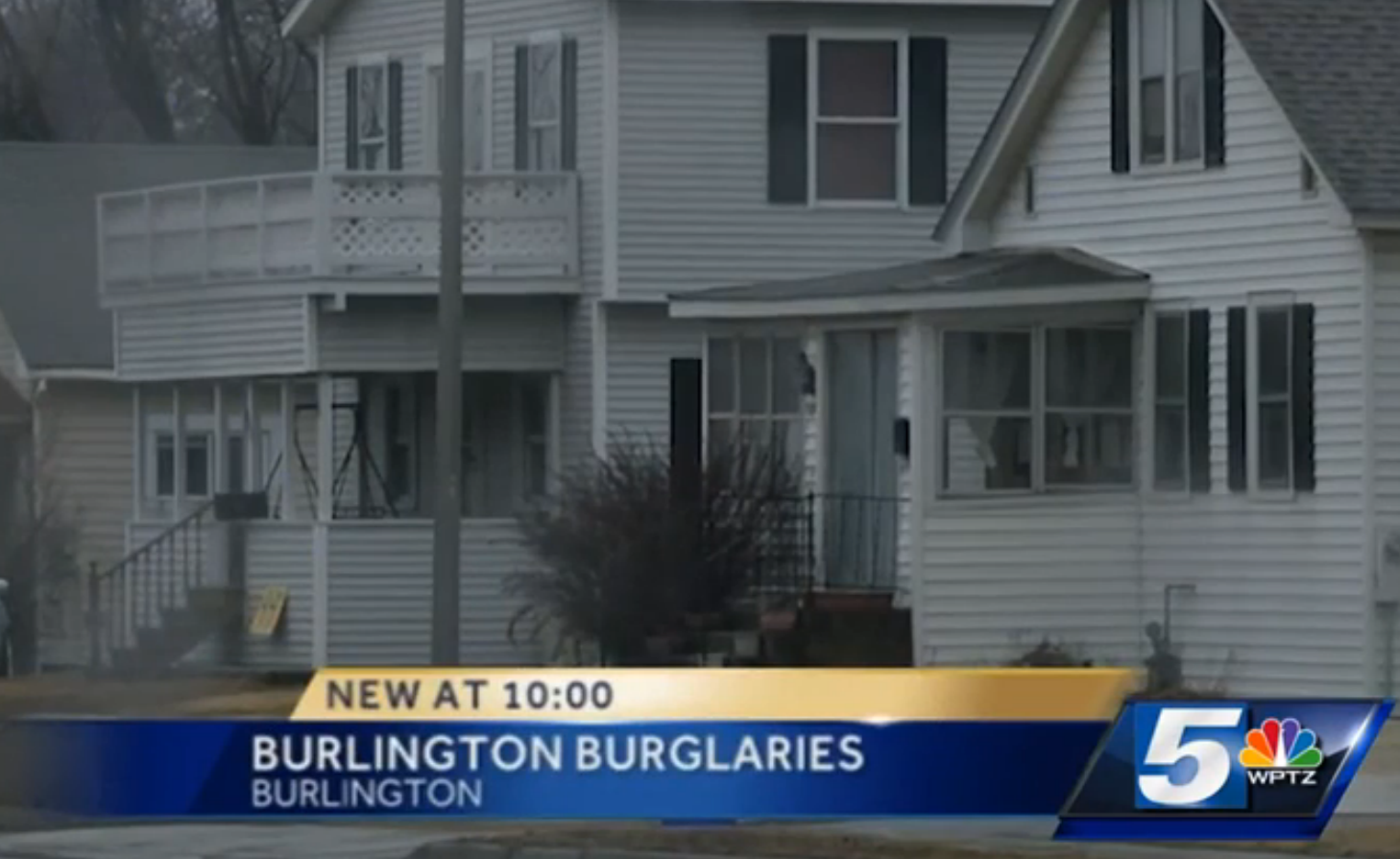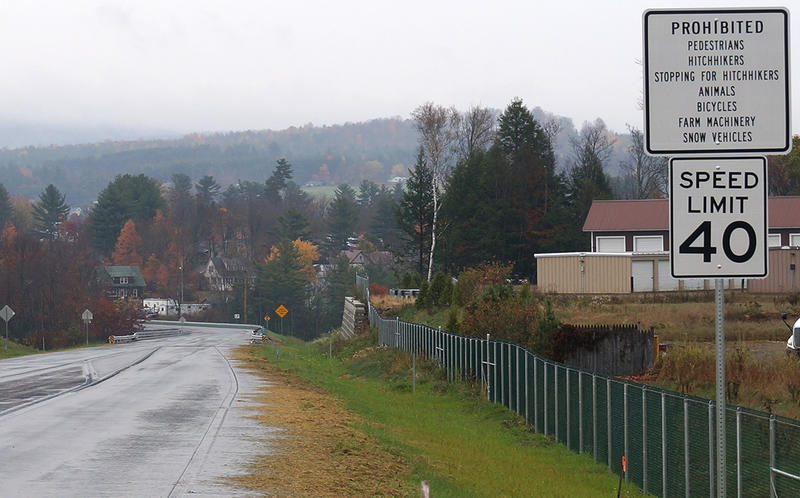Category Archives: Citizen Journalism
Decline of open web in favor of social media… “grim consequences”
Iran’s “Blogfather,” Hossein Derakhshan, in a recent interview on the NiemanStoryboard…
 “The decline of the web in favor of social media entails grim consequences. Hyperlinks were the founding principle of the web; it secured a diversity, nonlinearity, decentralization and interactivity, which made the web so powerful. But social media’s very philosophy and monetization strategy, or the stream, cannot be friendly to hyperlinks, since they do not want their users to leave their space. This new environment, in addition to the currently dominant algorithms, which favors popularity and now-ness rather than diversity and quality, is worse than television in its potential damage to representative democratic societies, where majority is supposed to take informed decisions without jeopardizing minorities. The rise of identity politics and intolerance for diversity is directly linked to the current form of the internet. This is the deepest shock of this transition to me since my release. This shift from what I call books-internet to TV-internet.”
“The decline of the web in favor of social media entails grim consequences. Hyperlinks were the founding principle of the web; it secured a diversity, nonlinearity, decentralization and interactivity, which made the web so powerful. But social media’s very philosophy and monetization strategy, or the stream, cannot be friendly to hyperlinks, since they do not want their users to leave their space. This new environment, in addition to the currently dominant algorithms, which favors popularity and now-ness rather than diversity and quality, is worse than television in its potential damage to representative democratic societies, where majority is supposed to take informed decisions without jeopardizing minorities. The rise of identity politics and intolerance for diversity is directly linked to the current form of the internet. This is the deepest shock of this transition to me since my release. This shift from what I call books-internet to TV-internet.”
Unlike some other social media platforms, Front Porch Forum doesn’t aim to lure people in and hold their attention 24/7. FPF, for many Vermonters, is a 10-minute-a-day habit that leads to more face-to-face conversations with neighbors… and to friendlier, more informed, and more resilient local communities. Hyperlinks in FPF postings are an important part of that.
Click local! When will “local first” arrive on digital shores?
I couldn’t agree more with former Vermonter, Dan Gillmor’s recent piece…
Journalists: Stop complaining about Facebook, and do something about it
Dan focuses on Facebook’s growing dominance as a news distributor…
How should we respond? From my perspective, two primary schools of thought have emerged. One is to embrace that dominance, albeit with some unease, and fully participate in Facebook’s ecosystem. Another is to persuade Facebook to take seriously its growing responsibility to help get quality journalism in front of as many people as possible.
Both of those approaches assume that Facebook is too big, too powerful to resist that we have no alternative but to capitulate to its dominance. But if that is true, the consequences will be disastrous. We will be living in the ecosystem of a company that has repeatedly demonstrated its untrustworthiness, an enterprise that would become the primary newsstand for journalism and would be free to pick the winners via special deals with media people and tweaks of its opaque algorithms. If this is the future, we are truly screwed.
I say: no. Let’s not give up so easily. Instead, let’s resist and find a way out of this trap… (click to read the full article)
And… to add to Dan’s call… let’s go beyond journalism. Let’s click local for retail, for discussion, for classifieds, for reviews, for sports, for entertainment, for networking and more. Many communities have local efforts underway, and they struggle to capture people’s attention as so many of us habitually scroll through our Facebook feeds, go to Amazon, Yelp, etc. Why not try local efforts? While the internet and mobile devices still hold the promise of decentralization of power, we now know that the digital juggernaut is also acting as a giant concentrator of wealth into a small number of pockets. Thousands of local taxi companies replaced by Uber and Lyft. Thousands of local bookstores replaced by Amazon.
To quote Dan one more time…
I say: no. Let’s not give up so easily. Instead, let’s resist and find a way out of this trap.
Social media and Vermont Open Meeting questions
The Rutland Herald reported recently that…
A proposed social media policy that would cover both town employees and elected officials was met with pushback last week in Rockingham, with Select Board members saying they felt the proposed policy was a threat to their First Amendment rights…
Abby Friedman, director of the municipal assistance center for the [Vermont League of Cities and Towns], said Friday that many larger towns and cities in Vermont have social media policies, but she said she didn’t know whether they had adopted the one drafted by the league.
She said Barre City, Williston and Colchester were among the larger communities that had policies.
“The policy was written back in 2010. It was before Front Porch (Forum) existed. We need to look at our policy too to see if it needs any updating,” she said, noting that a lot of towns were concerned about the social media issue.
Chris Winters, deputy director of the Vermont Secretary of State’s office, said his office so far had not given towns and town officials any official guidance on the issue.
“Eventually, this summer, we were thinking of putting together some guidance,” he said. “And give the towns some help on online and social media behavior.”
In many Vermont communities, more than half of the households participate on their local FPF. So many more residents of these Towns read comments on FPF than would ever attend selectboard meetings. If we want healthy local democracy, we should update state and local policies to encourage participation… not the opposite.
One correction… FPF has been serving Vermont Towns since 2006, and we’ve had public officials participating during each of the past ten years.
#THISisJournalism highlights Front Porch Forum
Andrew DeVigal & Mike Fancher report today…
It was a presentation months in the making.
Titled “T
HIS is Journalism,” the presentation carried enormous expectations as the ending plenary to our conference that asked that very question: What is Journalism? Luckily, we had help from many whose tweets illuminated emerging forms of journalism in unexpected places.
Earlier this year, the University of Oregon School of Journalism and Communication‘s (SOJC) Agora Journalism Center launched the #THISisJournalism social media campaign and website. #THISisJournalism is a collection of transformative projects that challenges our definition of journalism while also serving the functions of journalism to enhance public knowledge and enrich civic life…
They go on to share summaries of a many new online services that contribute to journalism today, including Front Porch Forum.
About Blog
Ghost of Midnight is an online journal about fostering community within neighborhoods, with a special focus on Front Porch Forum (FPF). My wife, Valerie, and I founded FPF in 2006... read more
Post Categories
- Uncategorized
- PDF2009
- Calendar
- Northeast Kingdom
- podcast
- Peer Rental
- Localization
- Big Tech
- Events
- PDF2007
- Web Traffic
- Google AdSense
- Pay It Forward
- Elections
- berkmansunlight
- Maps
- Video
- Upstate New York
- Coupons
- Wildlife
- Mobile
- Viral Marketing
- Raffle
- Crisis Response
- Donations
- Lost & Found
- Real Estate
- College Students
- Gratitude
- Social Responsibility
- Orton Family Foundation
- Start ups
- Make It Your Own Awards
- Online Civility
- Clay Shirky
- Newspapers
- Humor
- How To Use FPF
- Online Classified Ads
- Best of FPF
- Peer Reviews
- Politics
- Community Management
- Economic Development
- Local Reviews
- Case Foundation
- Borrow and Lend
- Neighborhood Watch
- Good Government
- Small Business Advertising
- Citizen Journalism
- e-Vermont
- Democracy
- Local Search
- Knight Foundation
- Burlington
- MacArthur Fellows
- Civic Engagement
- Social Media
- social capital
- Social Networking
- Vermont
- Neighborhood
- Community Building
- Local Online
- Front Porch Forum

 “I want to express my appreciation to Rep. Robin Chestnut-Tangerman for posting legislative updates on
“I want to express my appreciation to Rep. Robin Chestnut-Tangerman for posting legislative updates on 

 Recent discussion on
Recent discussion on 
